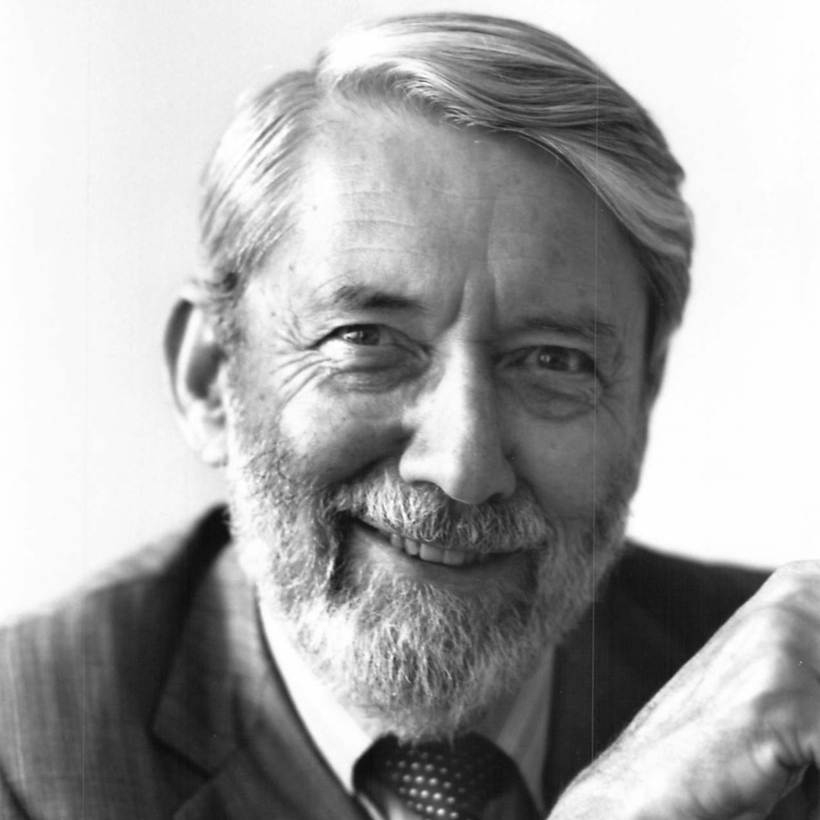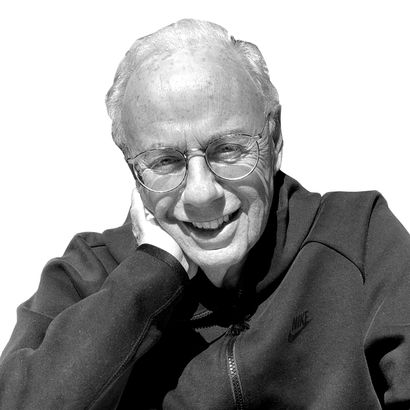When Ray Cave called to ask if I’d come to Time to write for the Essay page, I was rusticating in Vermont, a requirement for all writers that usually proves fruitless. I drove down to New York, excited by the prospect of a real job, and of ending my year-long conversations with beavers, raccoons, and other woodland creatures. At the same time, I did not want to come off like a rube to Ray. I wanted to show him I was a sophisticated negotiator. So when I sat in his office discussing the assignment (fine), salary (fine—any salary would have been fine), I took a deep breath and said, “I’m used to four weeks’ vacation.”
This was both true and not true. At The Washington Post, where I’d worked before, I had three weeks’ vacation. But I also had taught in a university, where I got three months in the summers. I figured the whole thing averaged out. “I’m used to four weeks’ vacation,” I said again—louder this time, with more self-assurance.


